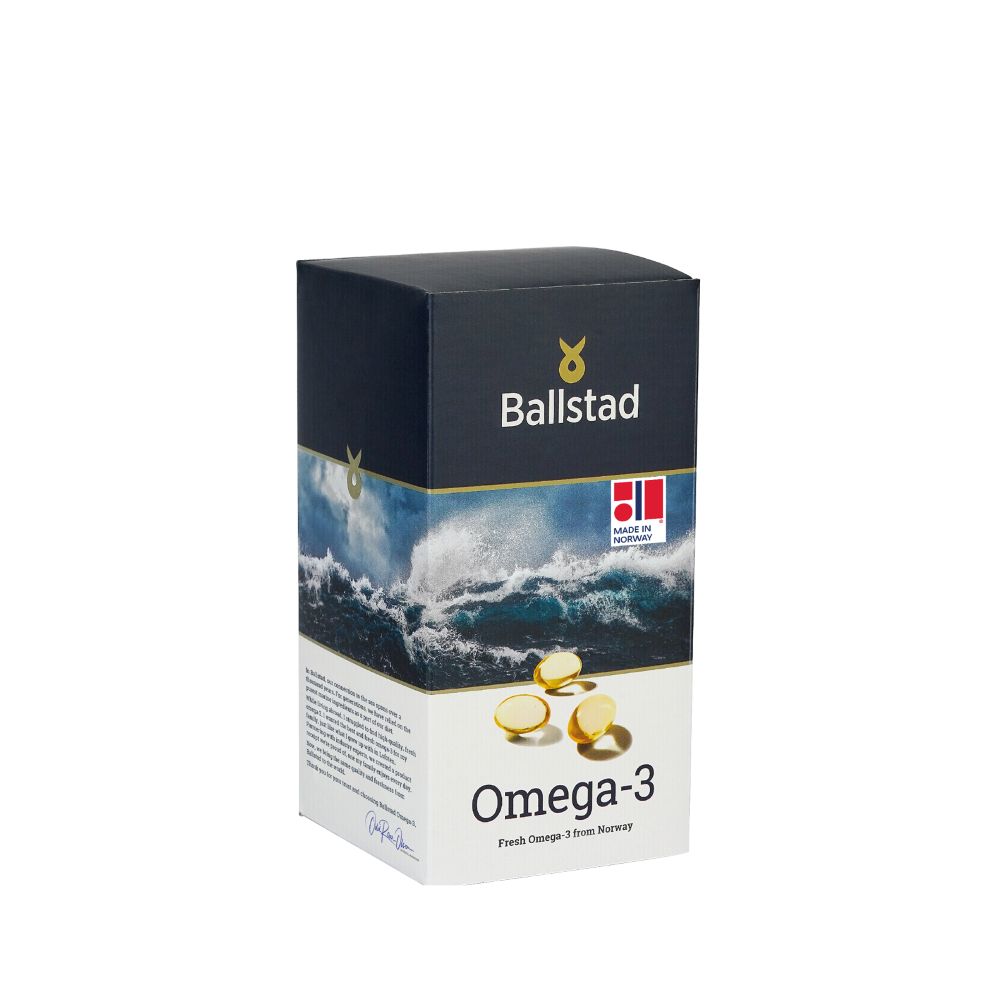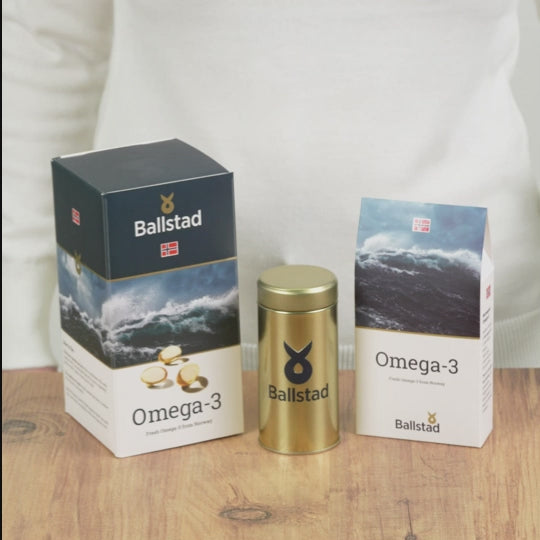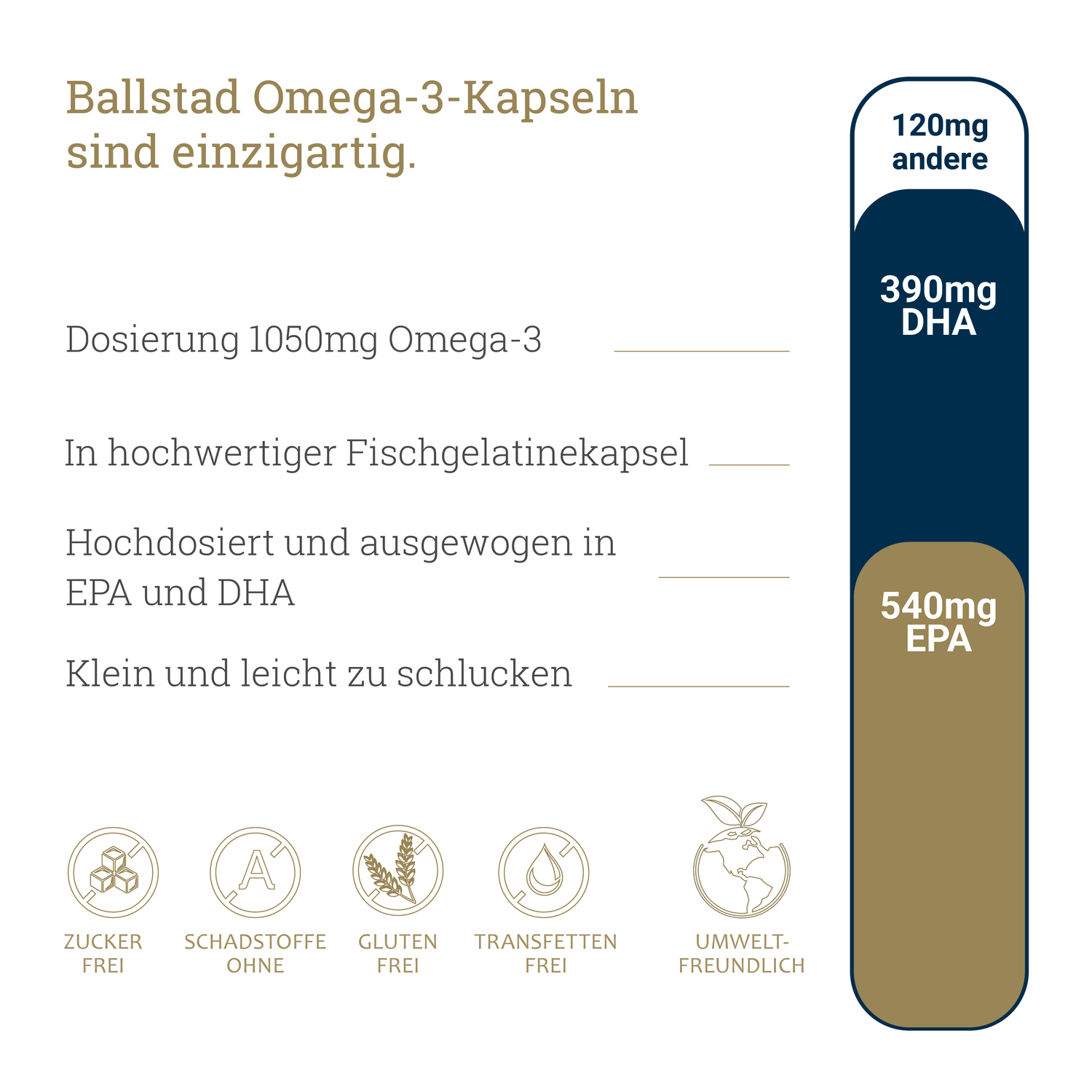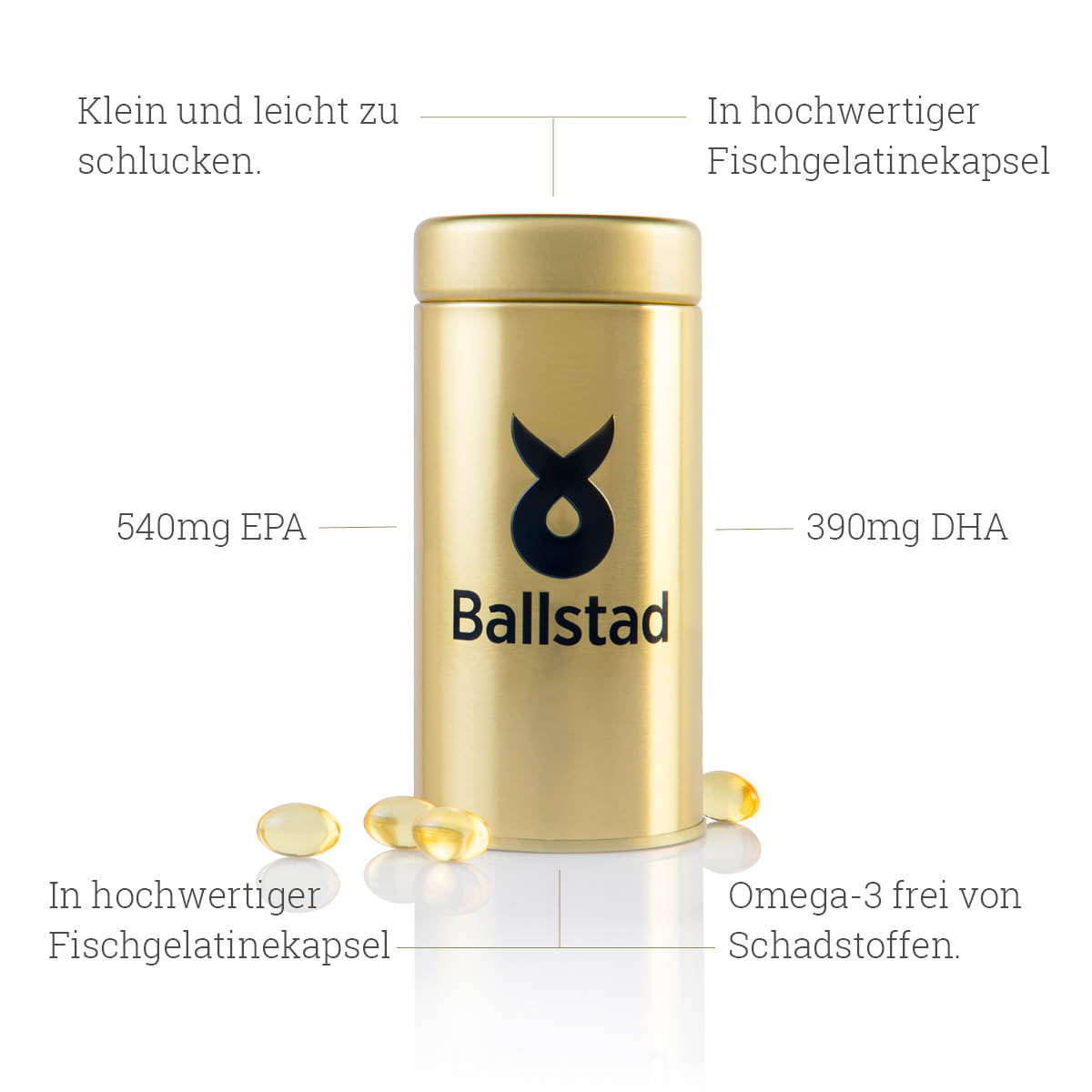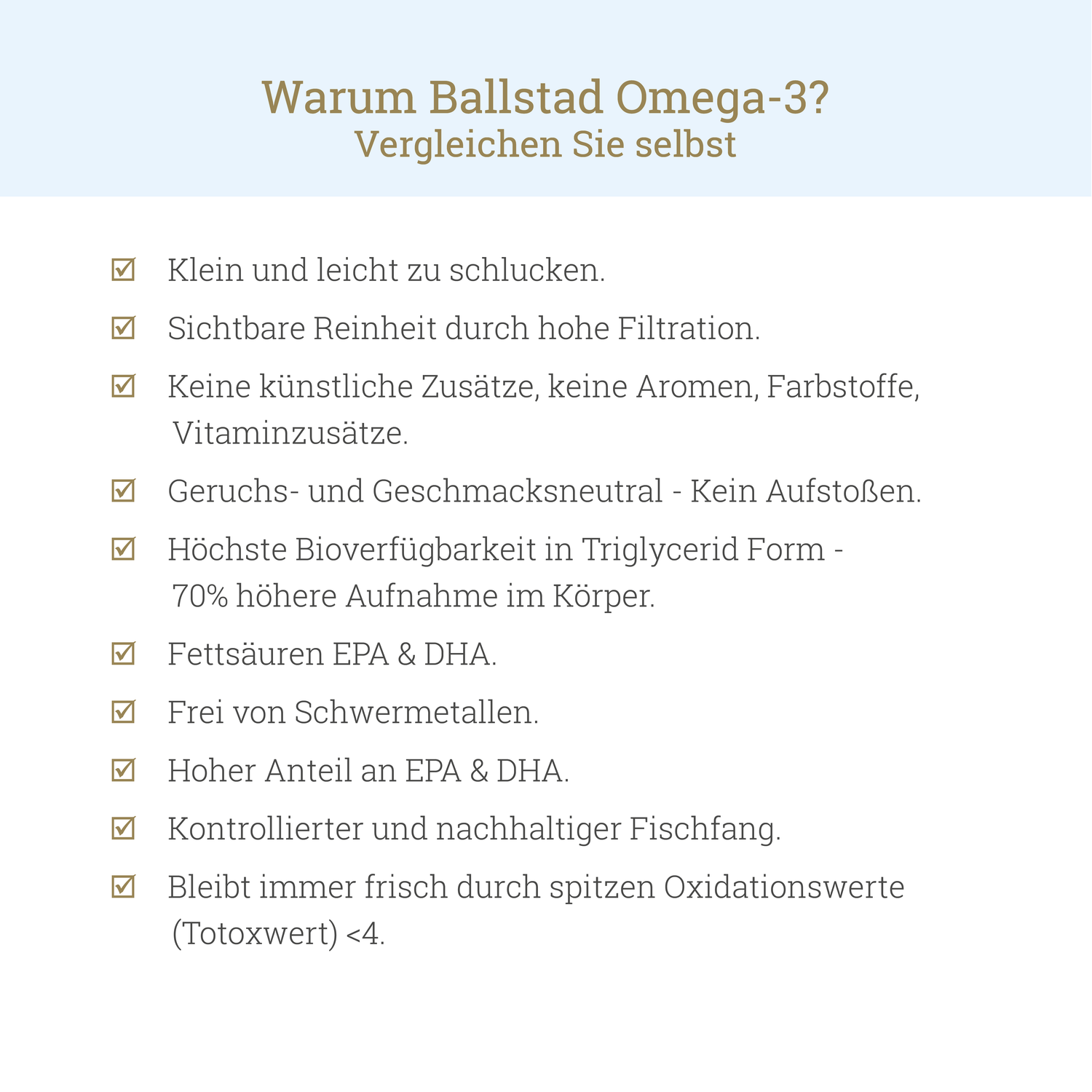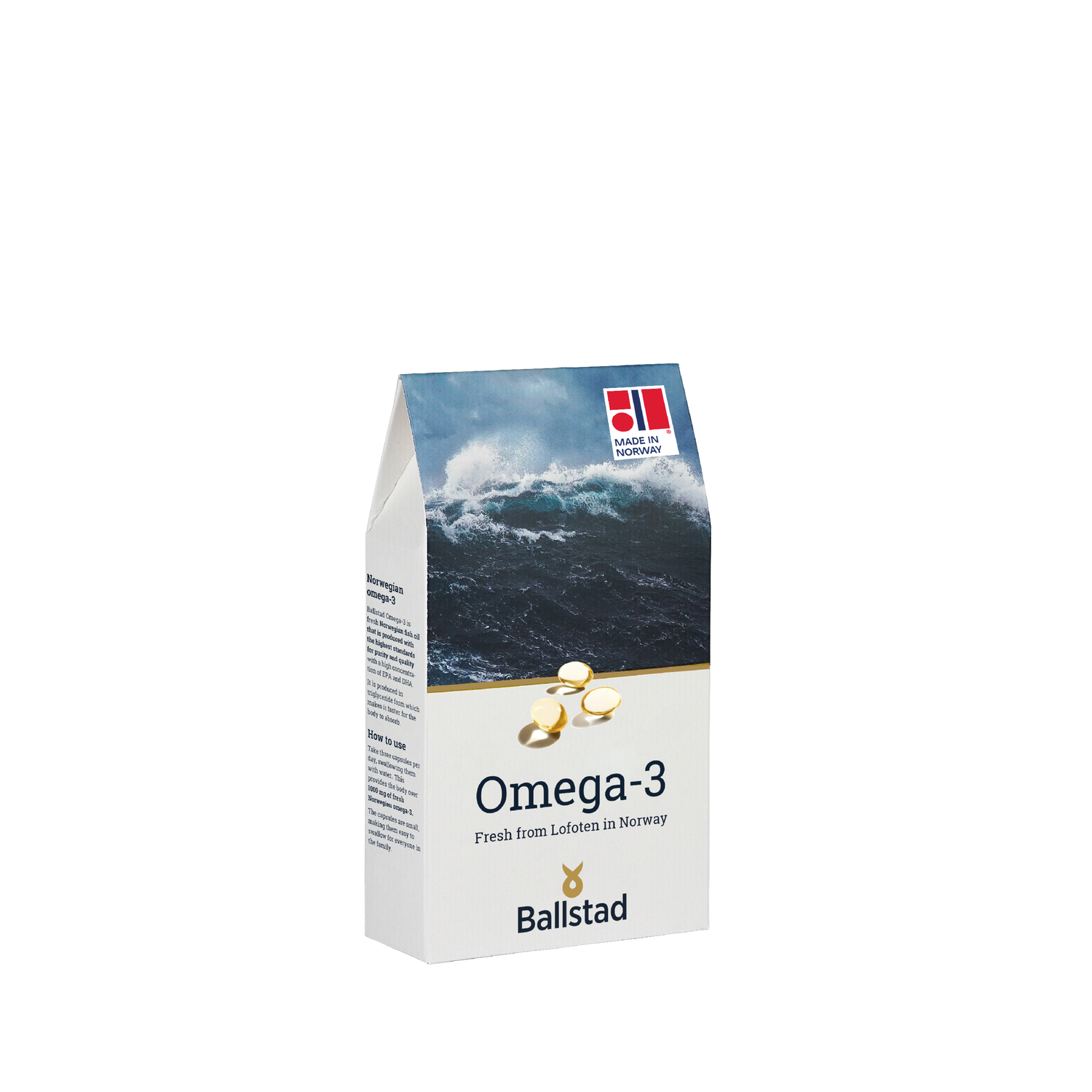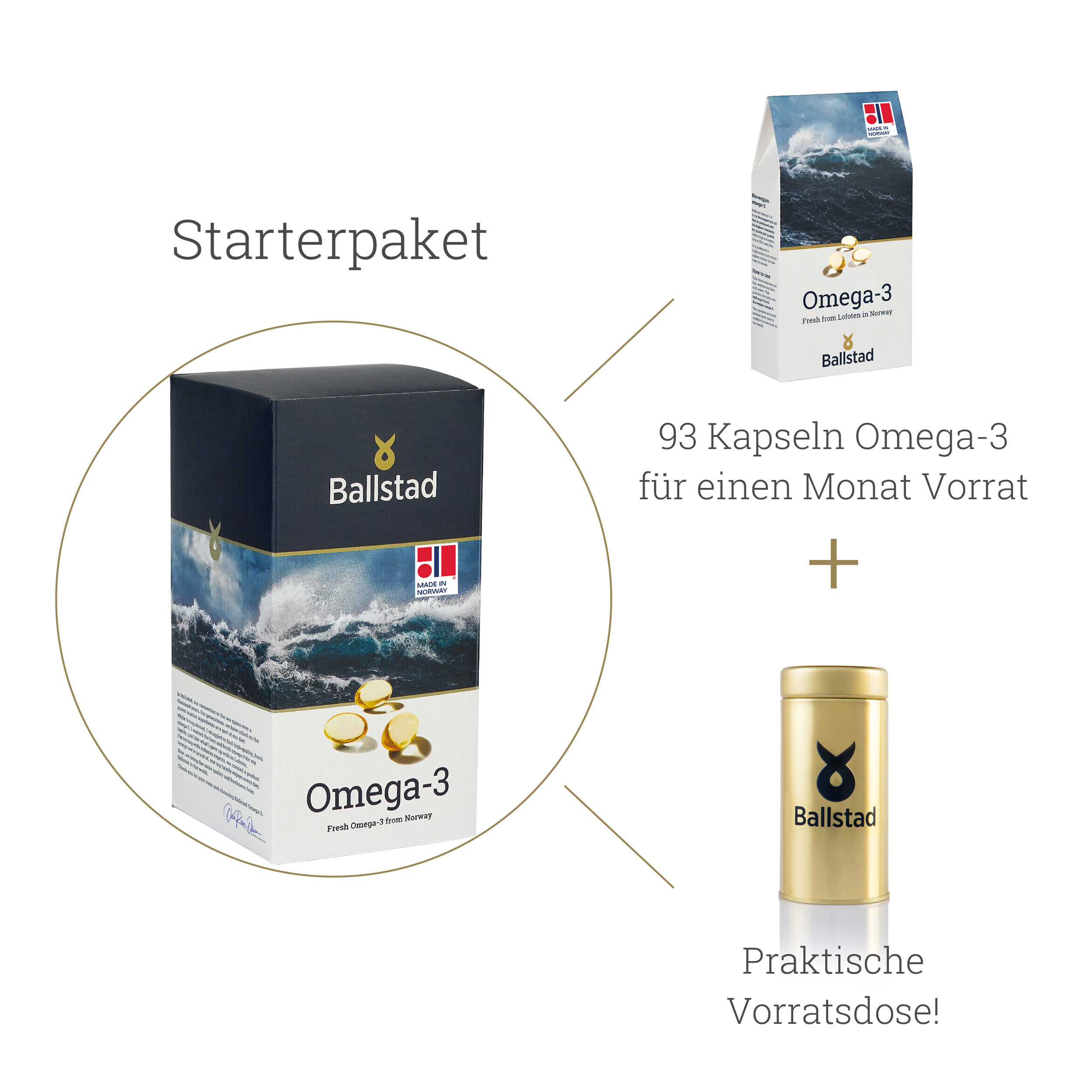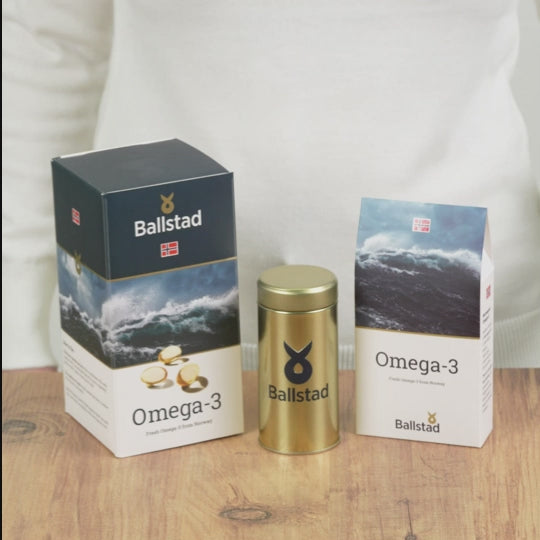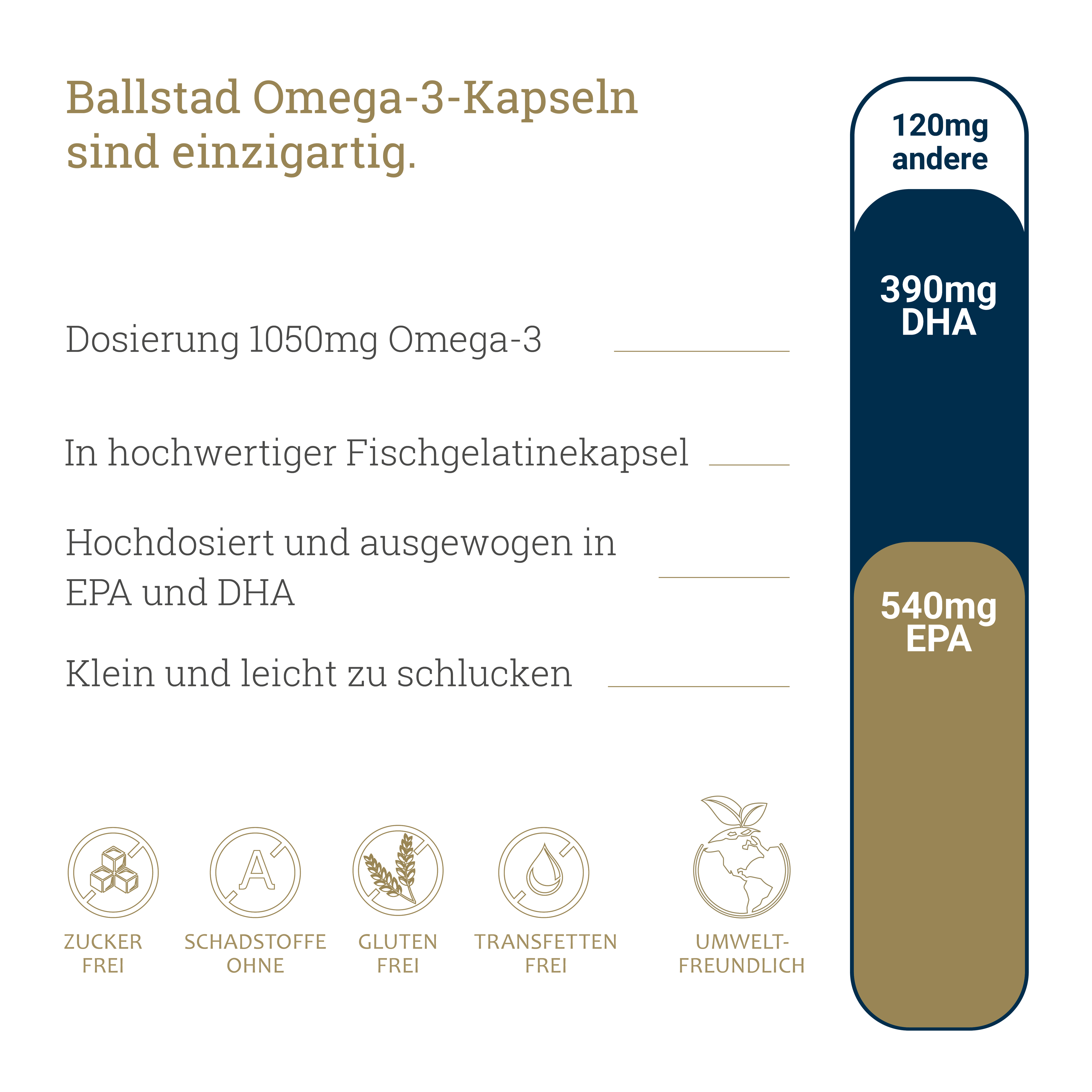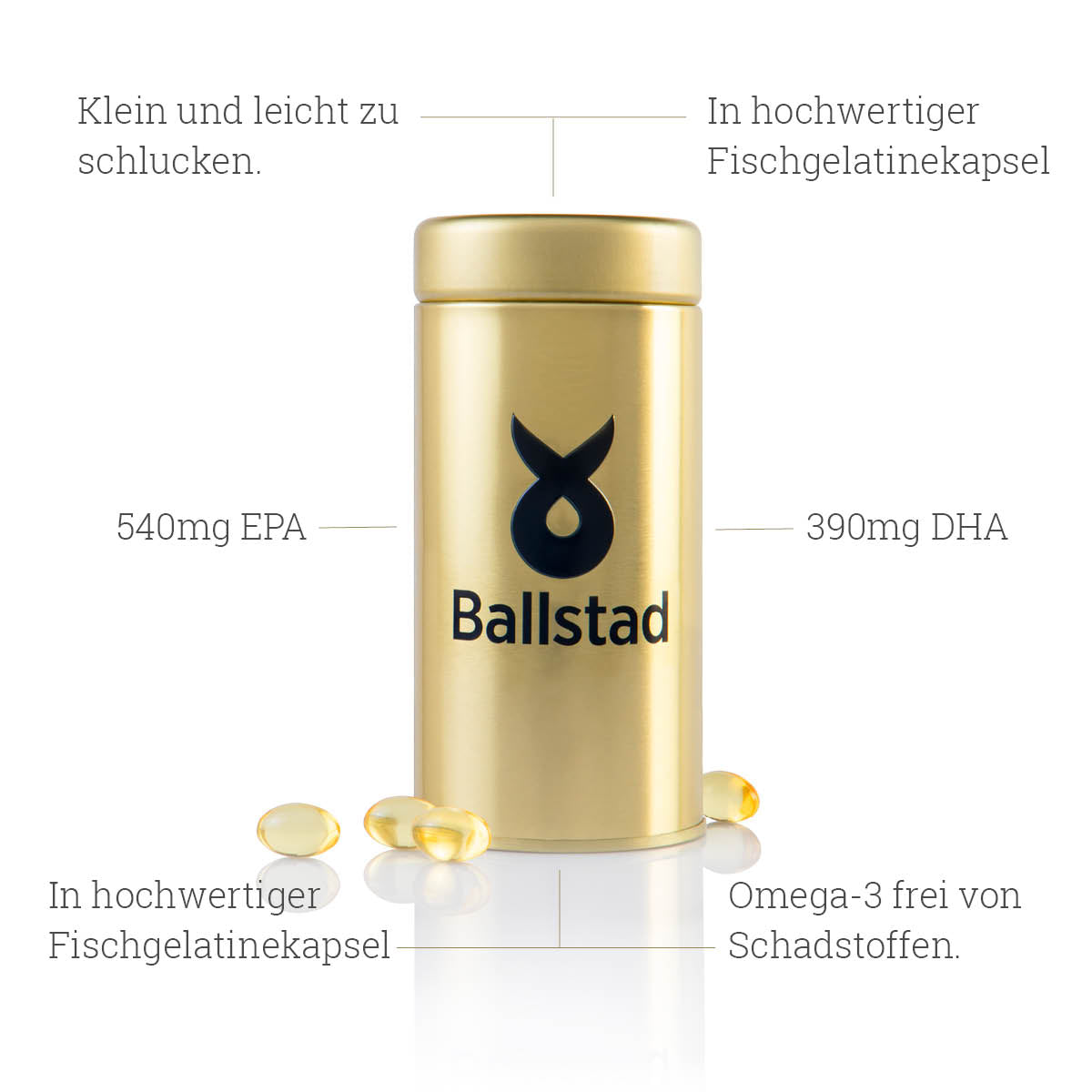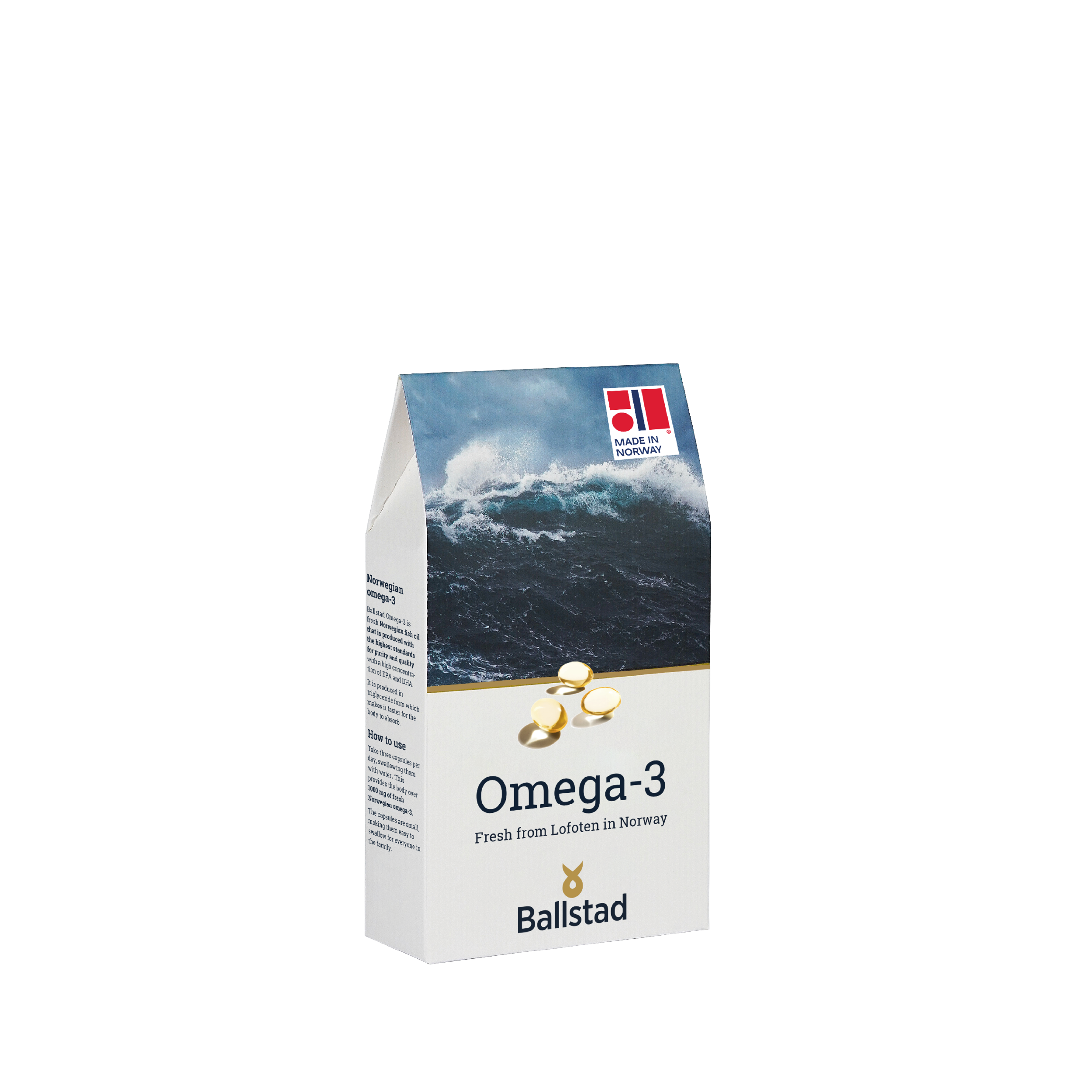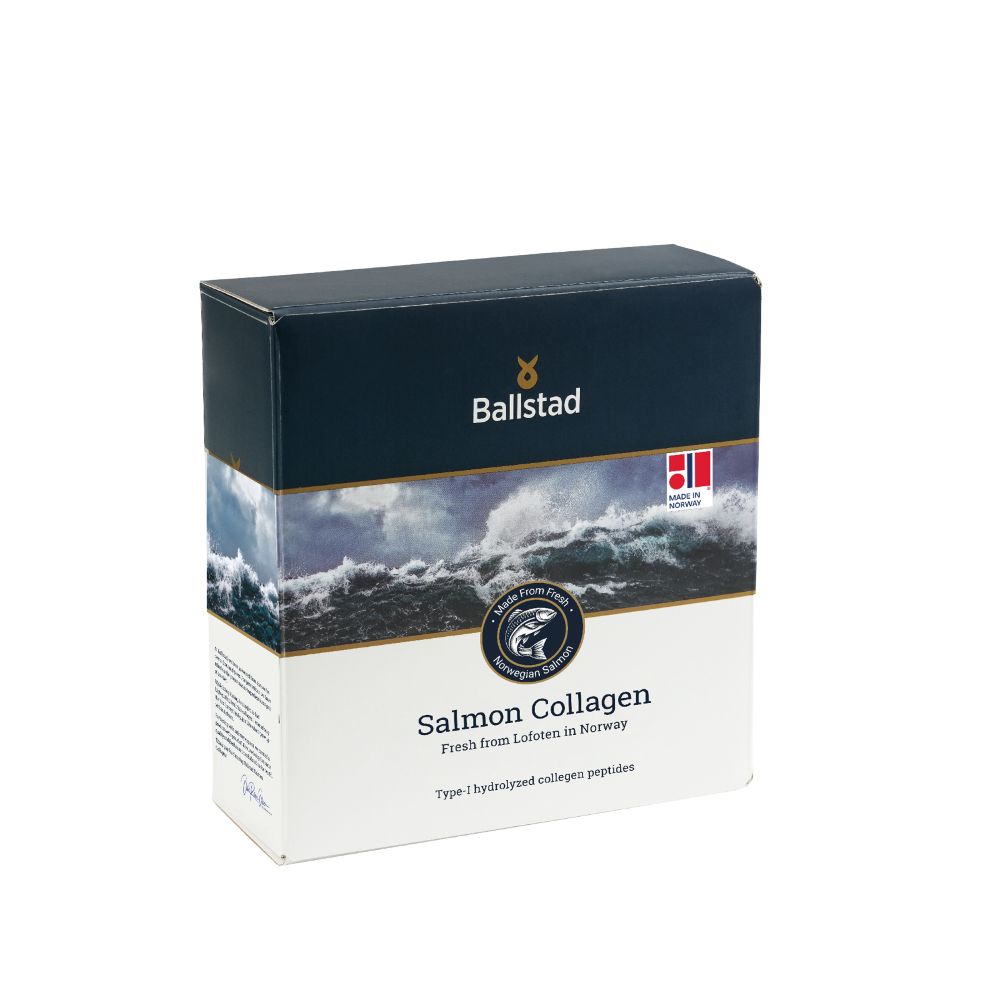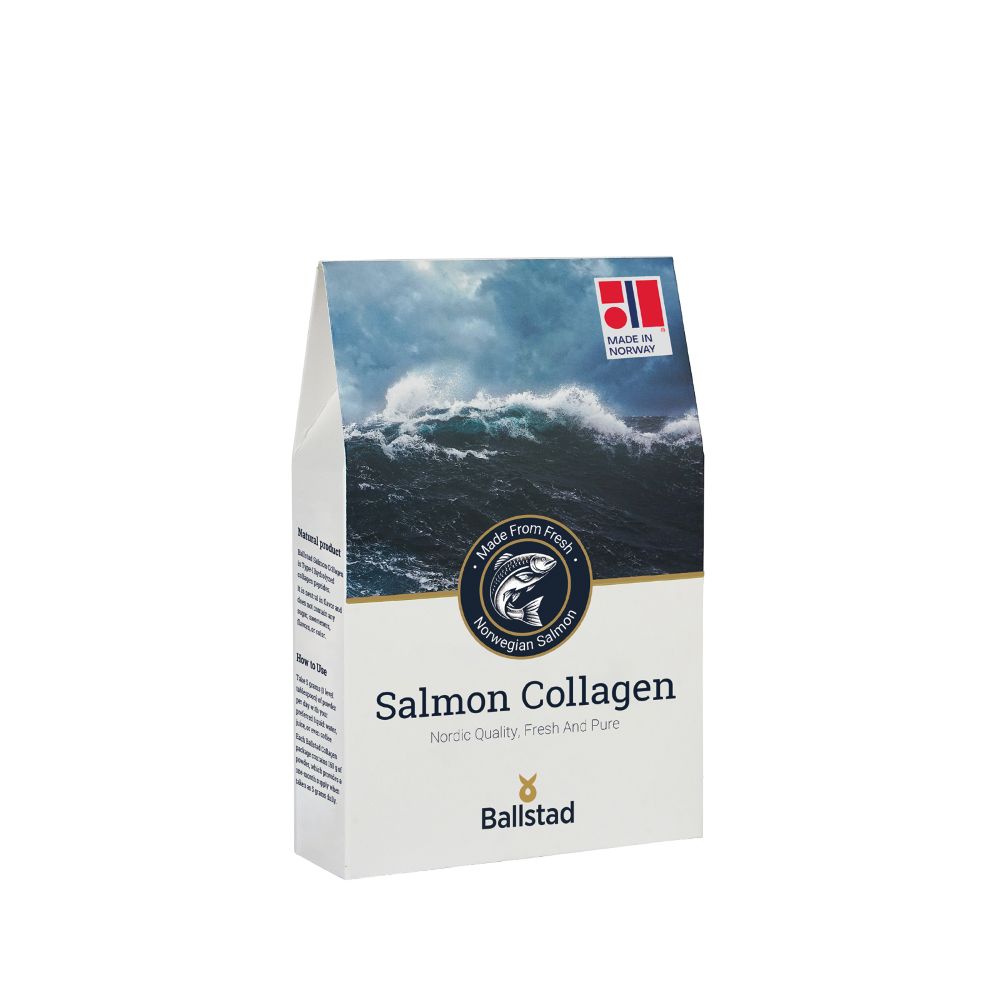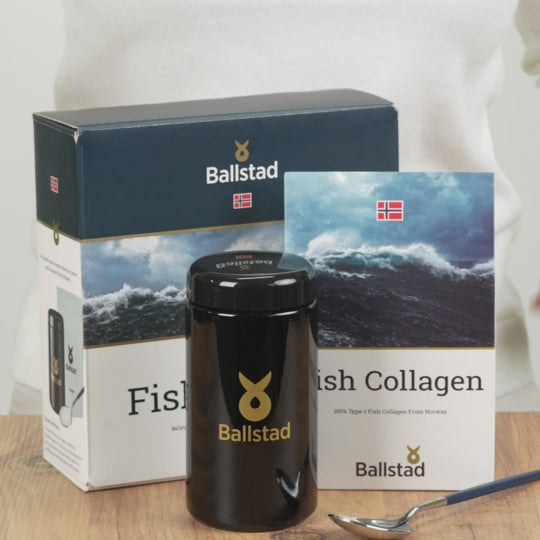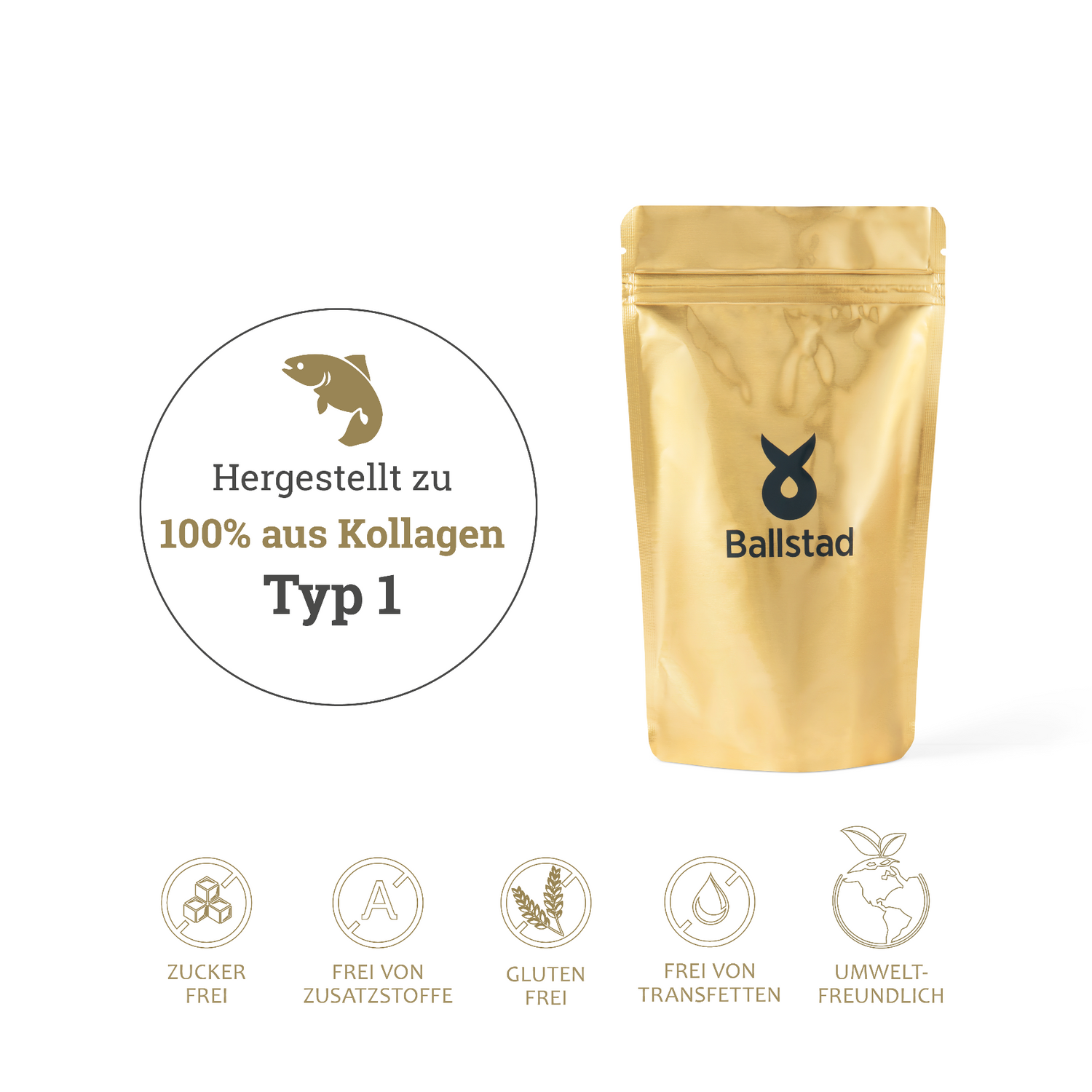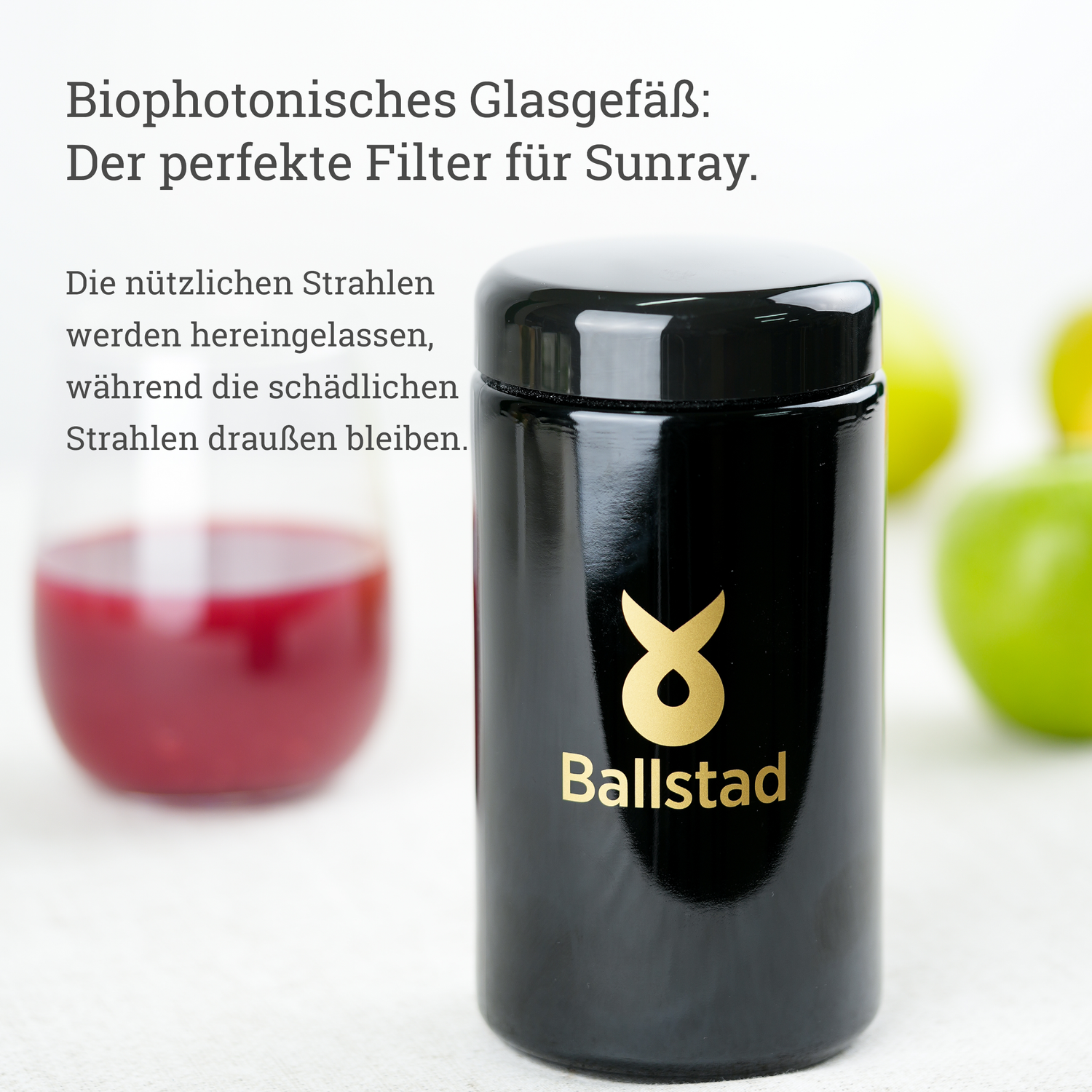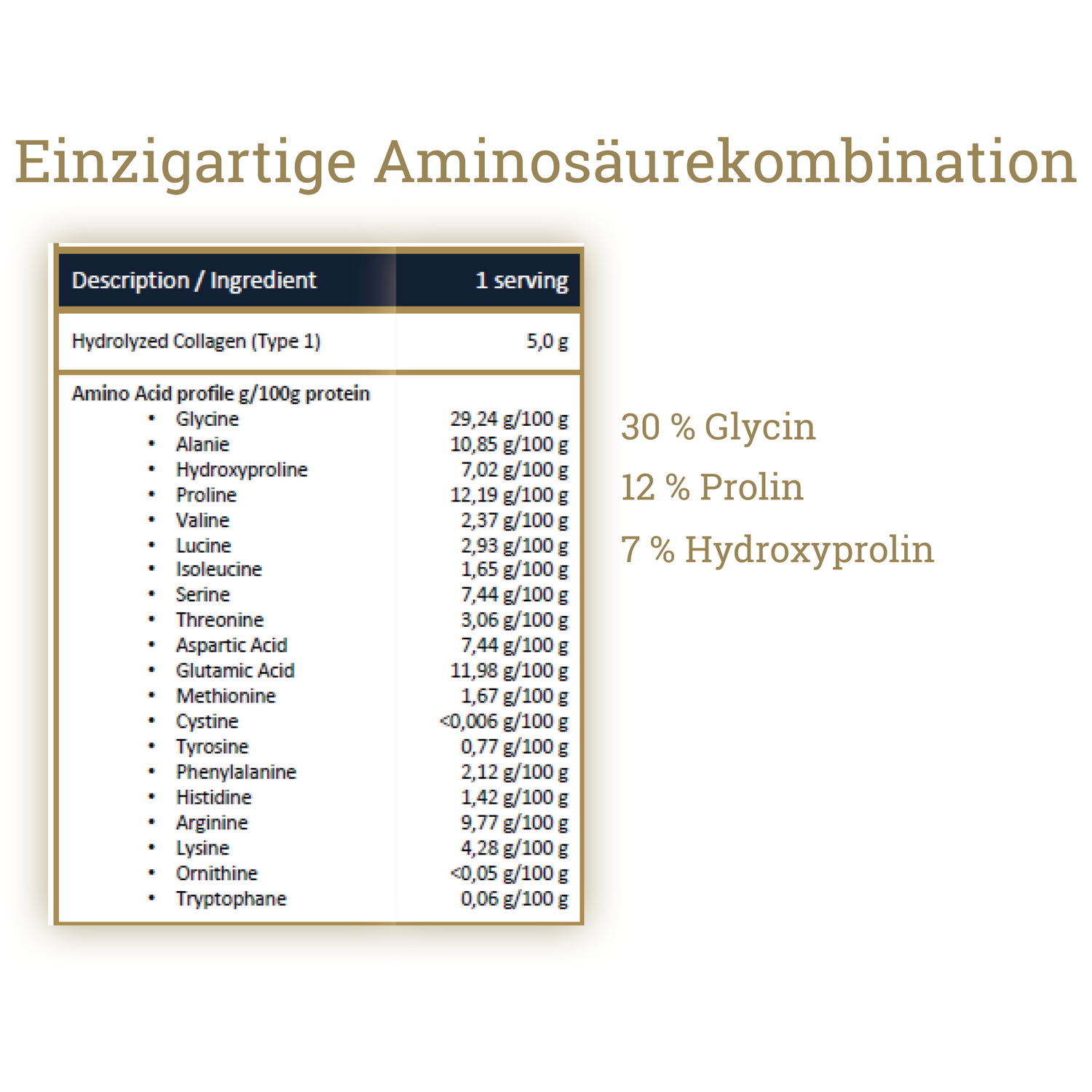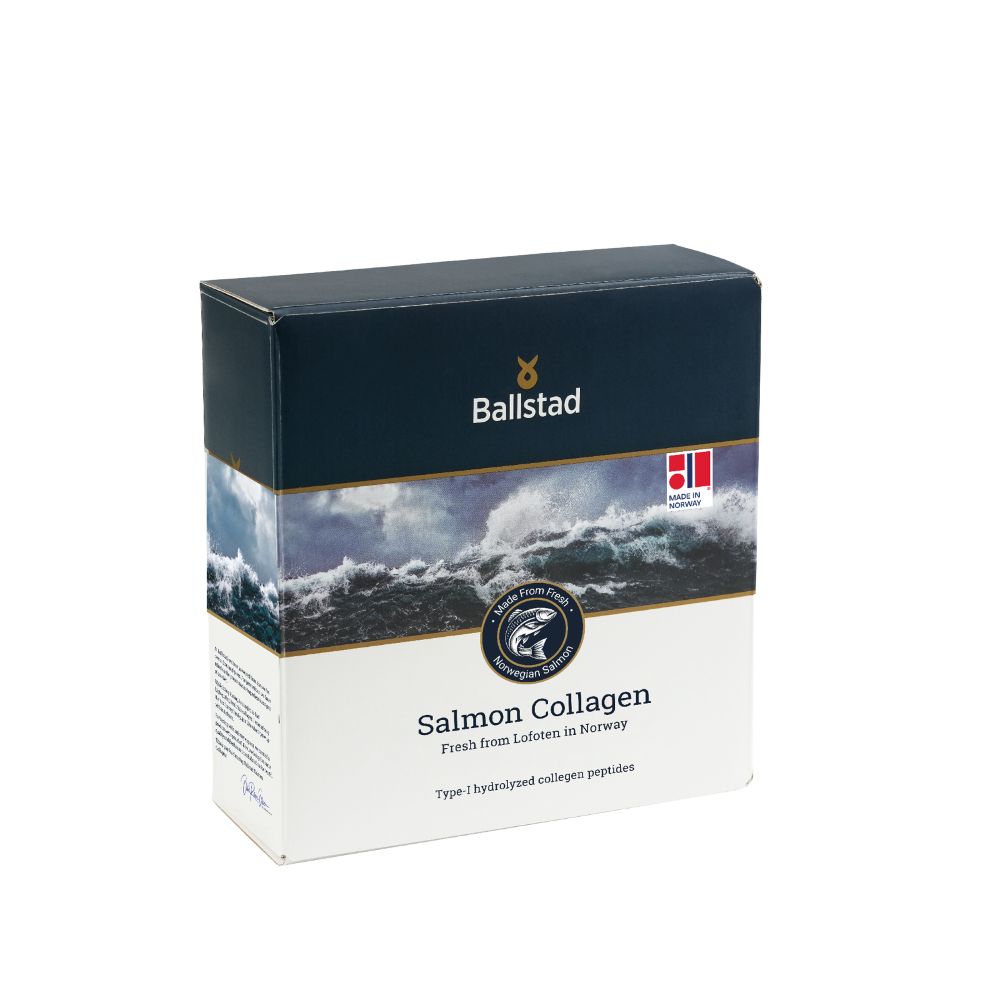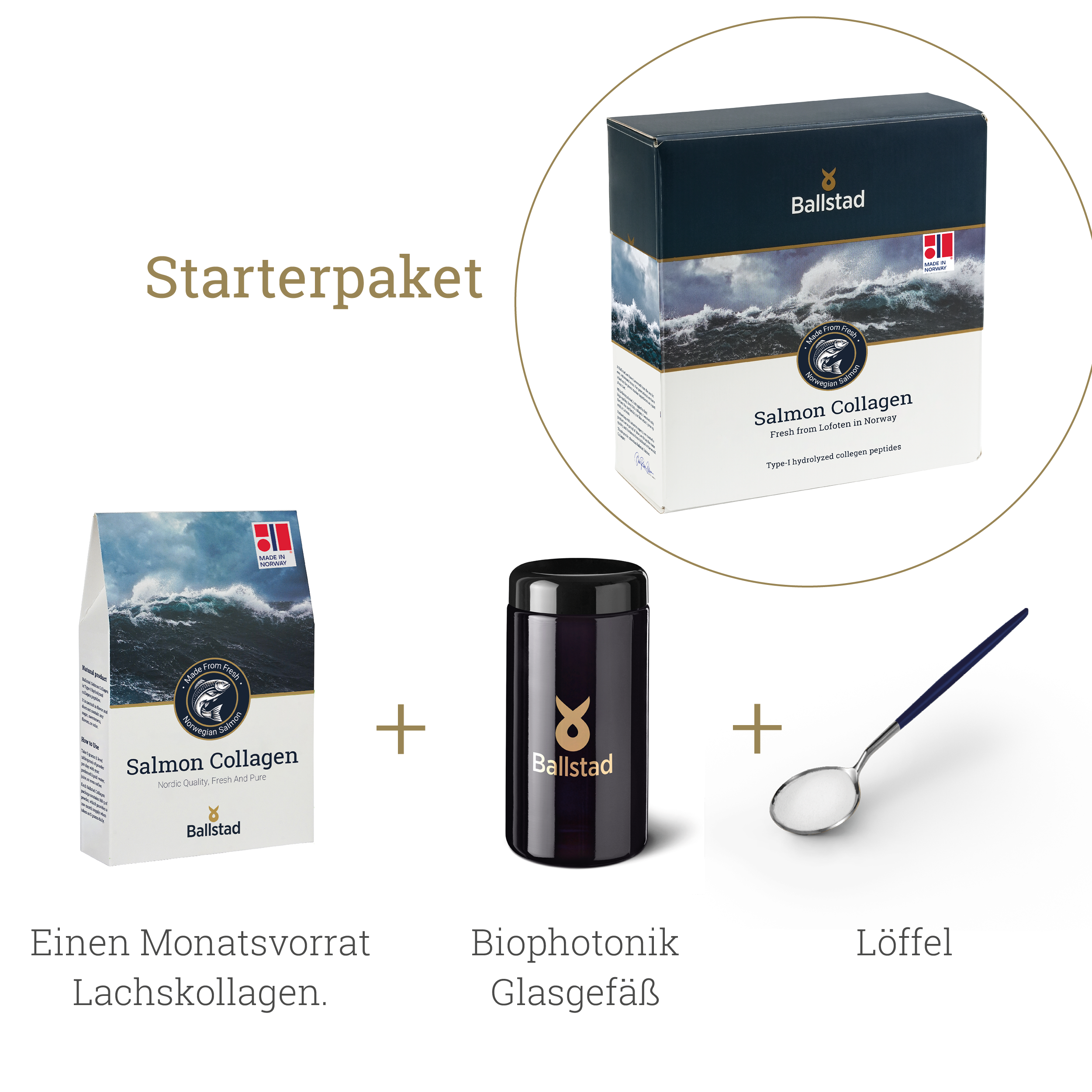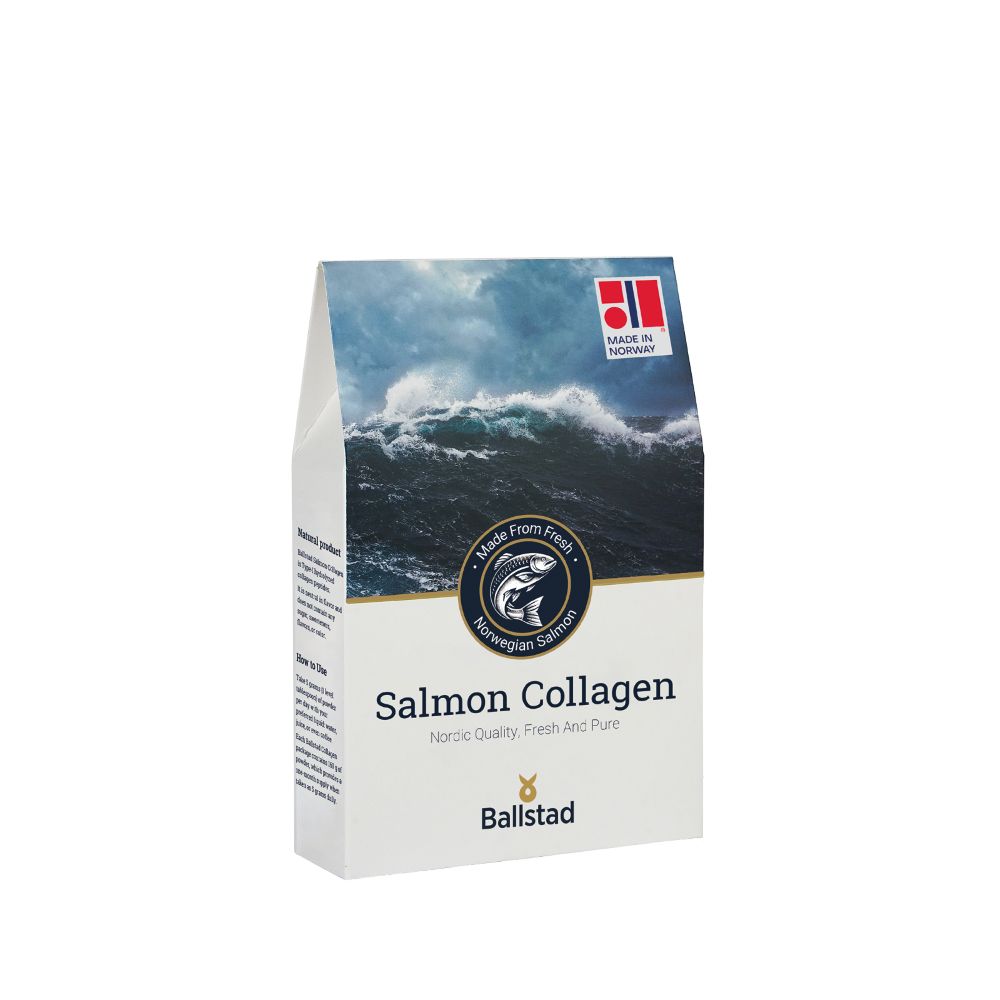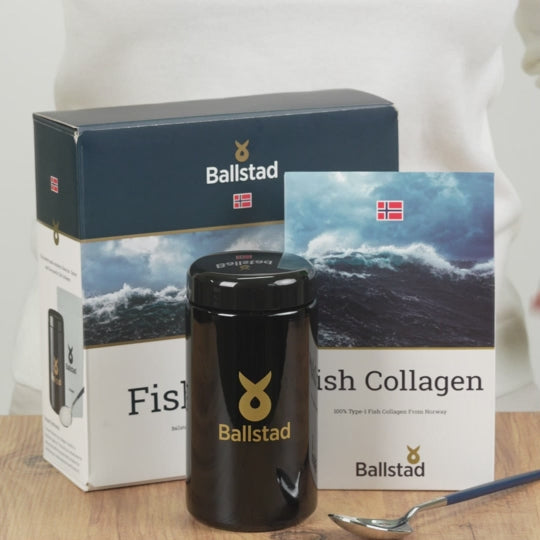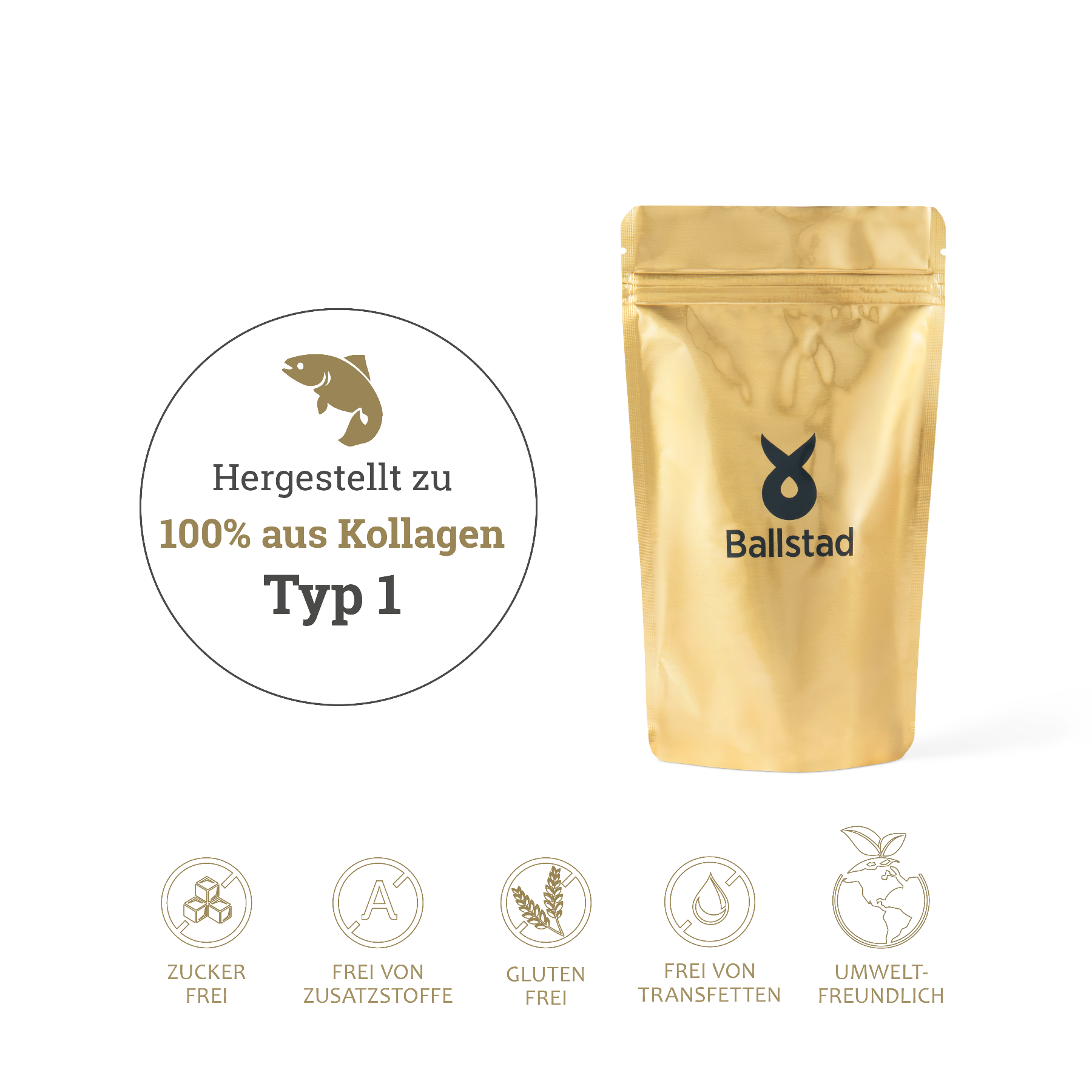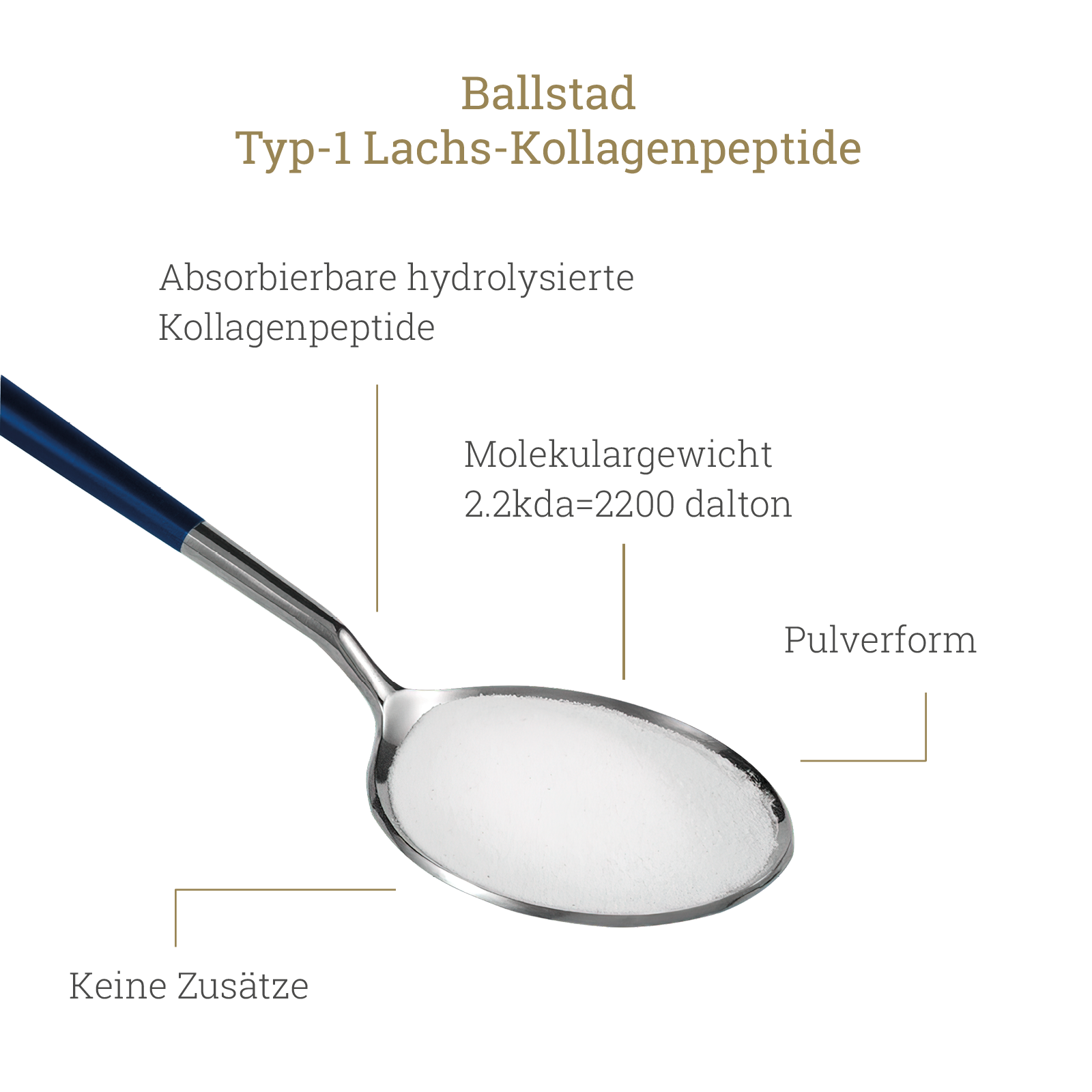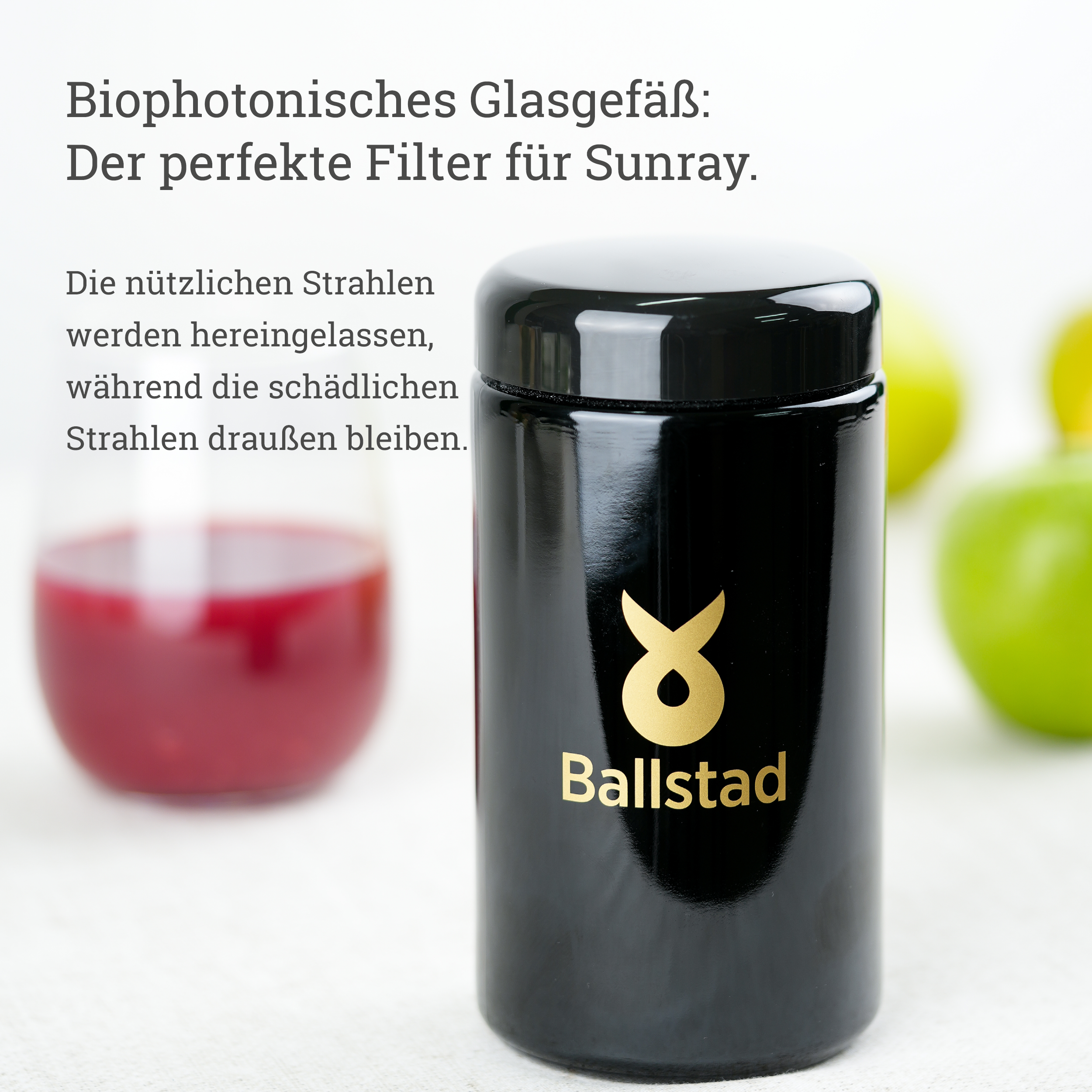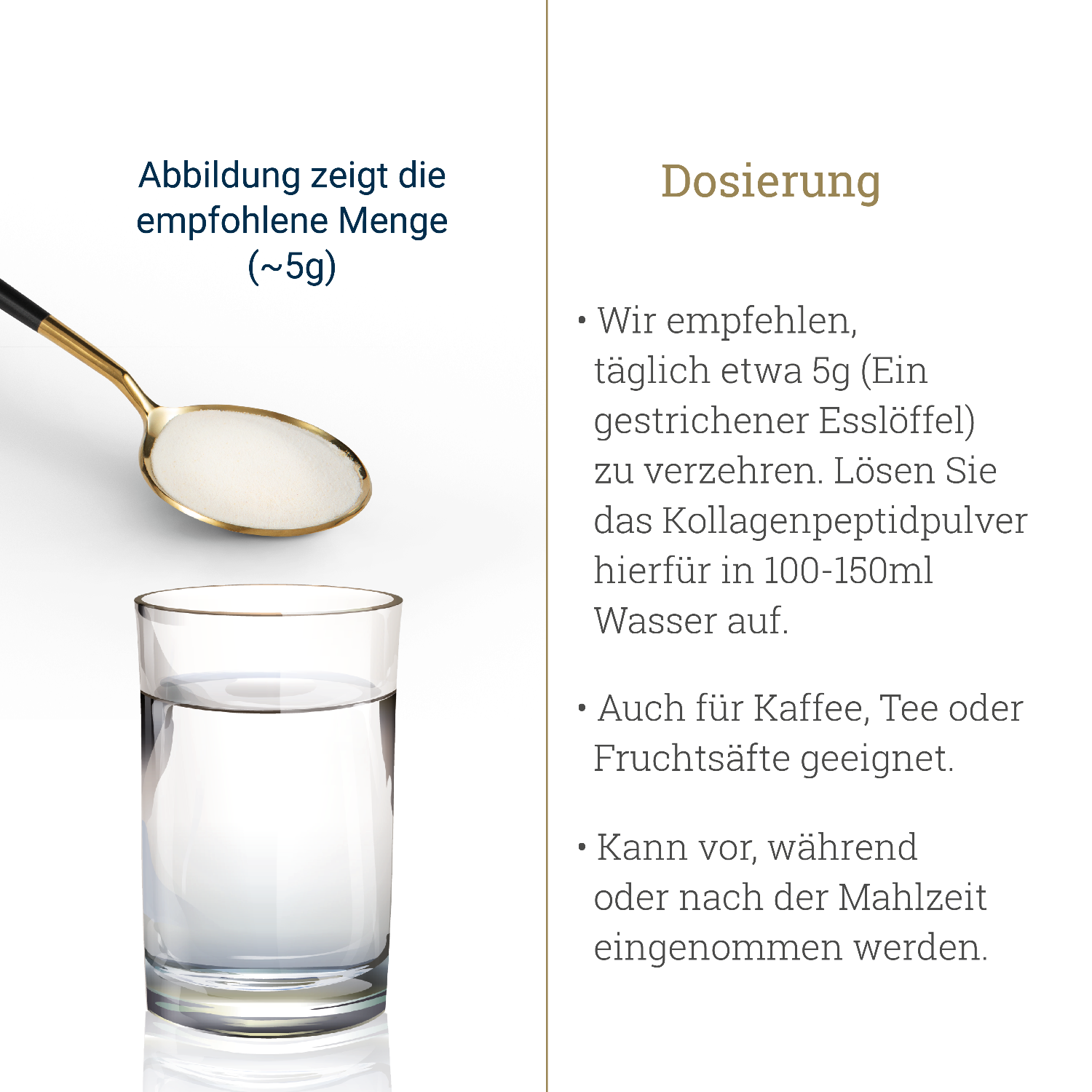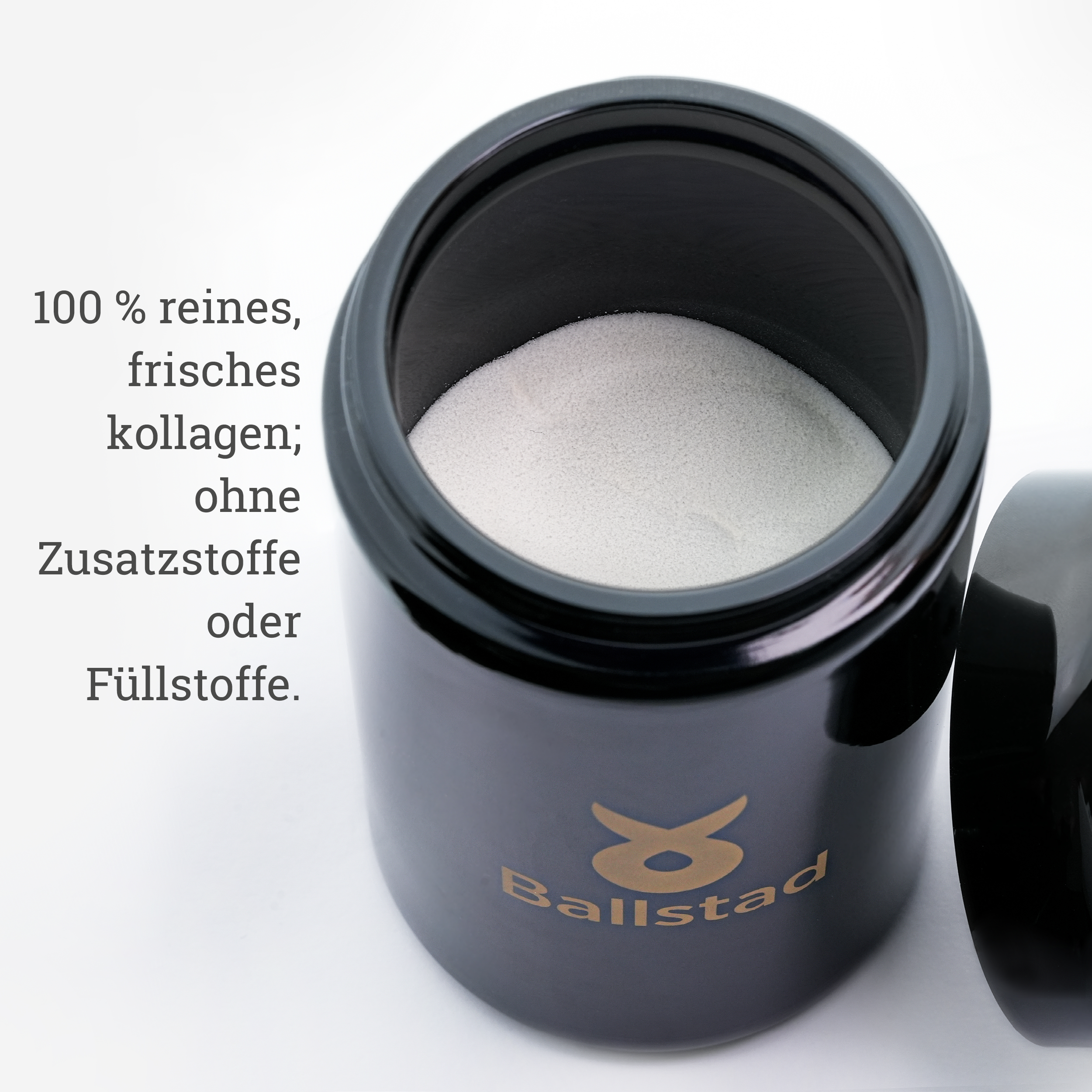A key term when buying collagen supplements
When choosing a collagen supplement , you will quickly come across the term bioavailability .
But what exactly does it mean – and why is it so important?
Bioavailability simply explained
Bioavailability describes how well and to what extent a nutrient can be absorbed and utilized by the body .
For collagen, high bioavailability means that the peptides and amino acids it contains enter the bloodstream particularly efficiently and are available to the body as building blocks for connective tissue, skin, joints and bones .
Natural collagen, such as that found in bone broth or gelatin , has a coarser molecular structure and is therefore absorbed more slowly.
This is where hydrolyzed collagen peptides come into play: They are enzymatically broken down into smaller units and are therefore more easily available .
Why bioavailability is important for collagen
Even high-quality ingredients are of little use if they cannot be sufficiently absorbed .
Hydrolyzed marine collagen is known for its particularly good absorption , which has been demonstrated in studies with improved availability in the body.
Marine collagen peptides – naturally readily available
Collagen from cold-water fish such as Norwegian salmon naturally contains smaller peptides that the body can easily absorb.
Ballstad salmon collagen is additionally hydrolyzed to further increase bioavailability.
It is tasteless , odorless and can be easily stirred into smoothies, water or coffee.
How do you recognize a bioavailable collagen supplement?
When purchasing a product, it is worth looking at:
-
Hydrolyzed collagen or collagen peptides in the ingredients list
-
Evidence from absorption or bioavailability studies
-
Sustainable, traceable sources , e.g. fish collagen from certified fisheries
Conclusion: Quality over quantity
When it comes to collagen, it is not just the quantity and origin that counts, but above all the absorption capacity .
A product with high bioavailability ensures that the body can make optimal use of the valuable amino acids – for a conscious diet and the support of skin, connective tissue and joint structures .
Sources
-
EFSA Journal: Scientific opinion on collagen hydrolysate and its role in the diet
-
BfR (Federal Institute for Risk Assessment): Information on food supplements containing collagen
-
Ricard-Blum S. (2011): The Collagen Family – Cold Spring Harbor Perspectives in Biology
-
Regulation (EC) No 1924/2006: Health Claims on Foods



